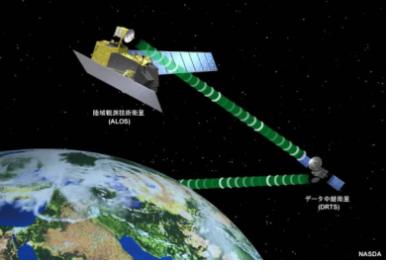One recent entry on the “SpaceAid” satellite tasking page which was posted by the UN Platform for Space–based Information for Disaster Management and Emergency Response (UN-SPIDER) to track the many satellites passing high over Japan following the earthquake and tsunami has attracted very little attention thus far. However, the UN-SPIDER’s knowledge portal confirms that China quickly deployed a pair of smaller earth observation satellites — China’s Huan Jing (HJ)-1-A and B – as part of the broader multinational response to this disaster, and that China’s National Committee for Disaster Reduction (NCDR), and the National Disaster Reduction Center of China (NDRCC) wasted no time in doing so.
The steady growth of the various government-owned satellite fleets in Asia has enormous regional security implications. Thus, any instances where satellite-based cooperation occurs are not to be dismissed or taken lightly. Some of this work falls under the auspices of the “Sentinel-Asia” initiative. Along with UN-SPIDER, the Asian Disaster Preparedness Center, and the Asian Institute of Technology – to name just two regional organizations – play an important role here, too.
Avoiding a duplication of what Dr. Voigt described as the “mapping disaster” that unfolded in Haiti recently should be a top priority. In contrast to prior disasters where only a limited number of actors were involved in rapid satellite mapping activities, the number of organizations and mapping service providers mushroomed suddenly in Haiti – “providing satellite mapping and analysis in a poorly coordinated way” – so that hundreds of maps ended up on UNOCHA/ReliefWeb. Dr. Voigt counted approximately 380 new maps generated by more than 30 different producers and sources in one month alone.
This sudden overflow of mapping information resulted in, “partially inconsistent, at least largely diverging, mapping and satellite imagery analysis” as well as a “completely different representation of damage classes, map features etc.” Perhaps this will be one of the items discussed at the next UN-SPIDER training workshop which will be getting underway in New Delhi later this month. According to Shirish Ravan who heads the UN-SPIDER office in Beijing, the recent events in Japan have changed the agenda for this upcoming session in India.

